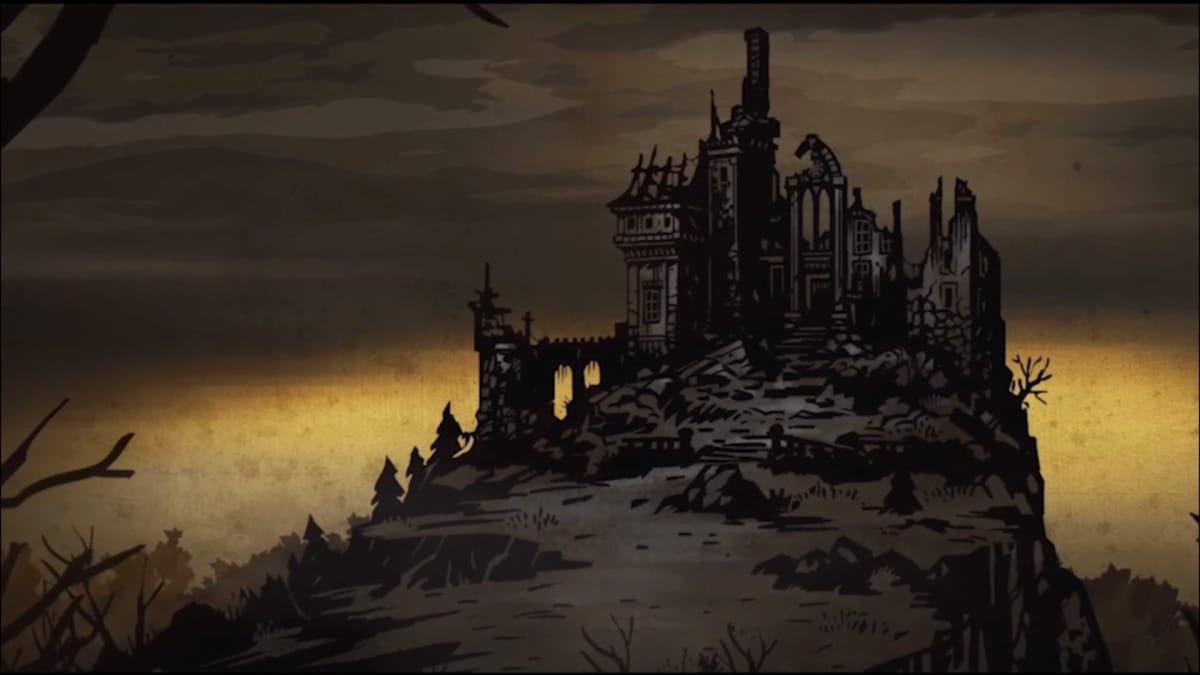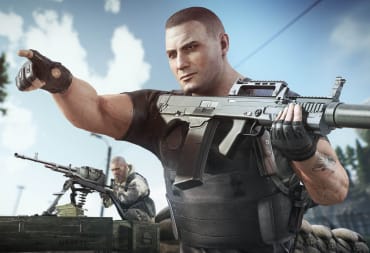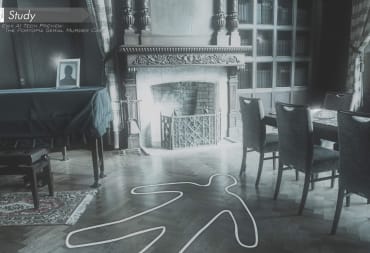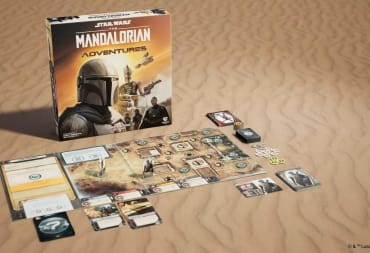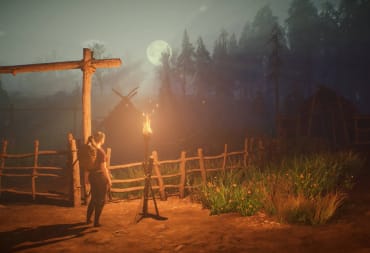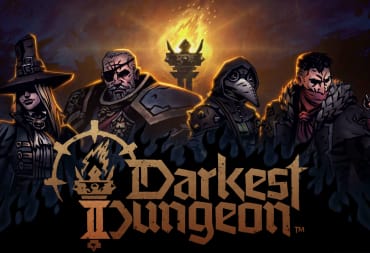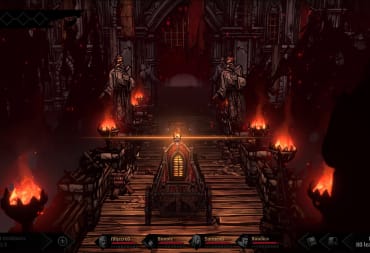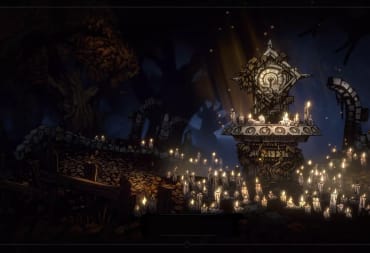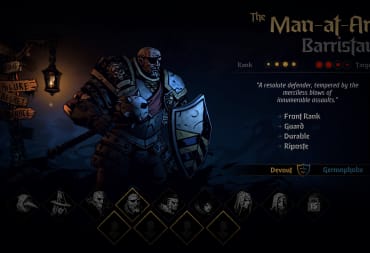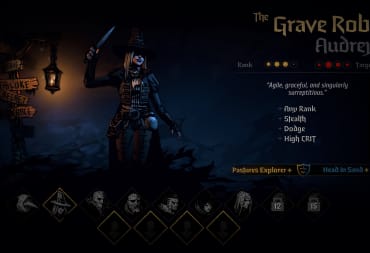We here at TechRaptor have put a lot of time into Red Hook Studio's dark fantasy RPG, Darkest Dungeon II. While it is still in Early Access on the Epic Games Store, this sequel makes a lot of interesting design decisions, differentiating itself from its predecessor. As a matter of fact, despite the truly terrible and cruel world these games are set in, Darkest Dungeon II manages to be filled with even more humanity thanks to these changes.
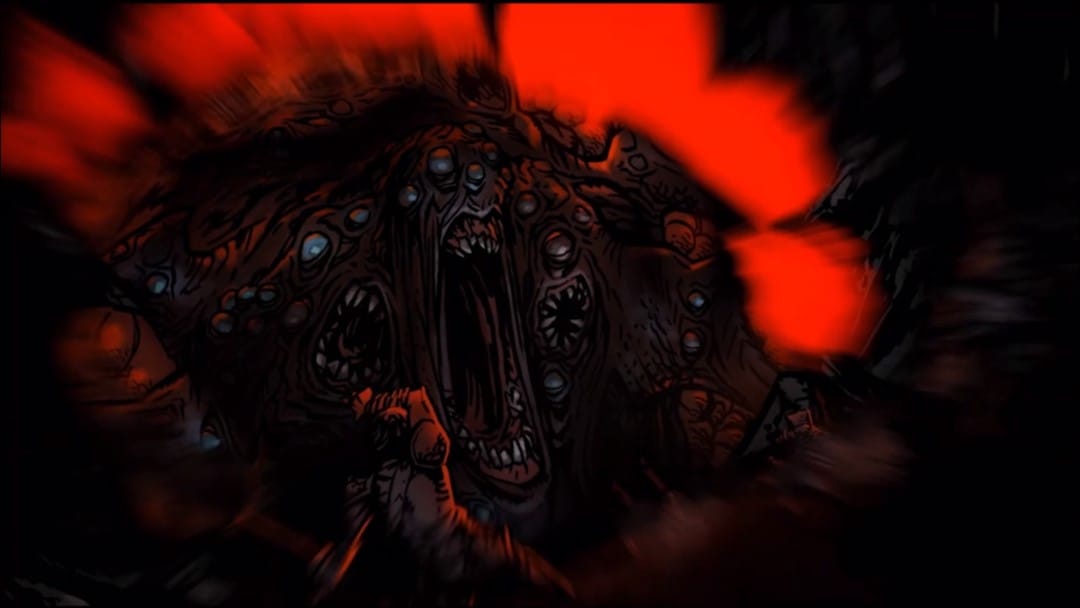
The Themes of Darkest Dungeon
First, we need to put into perspective the importance of the first Darkest Dungeon. When it was first successfully crowdfunded and released back in January 2016, it was advertised as a gothic adventure that would focus on the psychological stresses of adventuring. You would take a group of adventurers into extended dungeons, fight monsters, and overcome traps for loot. But in addition to patching up physical ailments, each adventurer would also suffer damage to their overall mental health.
It was a novel and truly unsettling wrinkle to the dungeon crawl RPG at the time. Characters could develop psychological disorders or lingering traumas that would affect their stats. On top of upgrading weapons and abilities, your home base had to include locations like bars, brothels, hospitals, and sanitariums to help mitigate the psychological toll these descents into madness would take on your characters.
Or, if you were particularly ruthless, you could just throw those mentally broken adventurers out.
The darkest and sharpest commentary Darkest Dungeon made was by the virtue of it not being a dungeon crawler but a management sim. You, the player aren't one of the adventurers risking their lives and well-being for riches and glory; you were their supervisor. The entire narrative structure of the game is that you have inherited an estate left to you by a relative, but that relative delved too deep into ruins deep below the manor and unleashed a Lovecraftian horror that has completely blighted the countryside. Your goal is to attract workers and adventurers in order to kill these creatures and "fully claim your birthright."
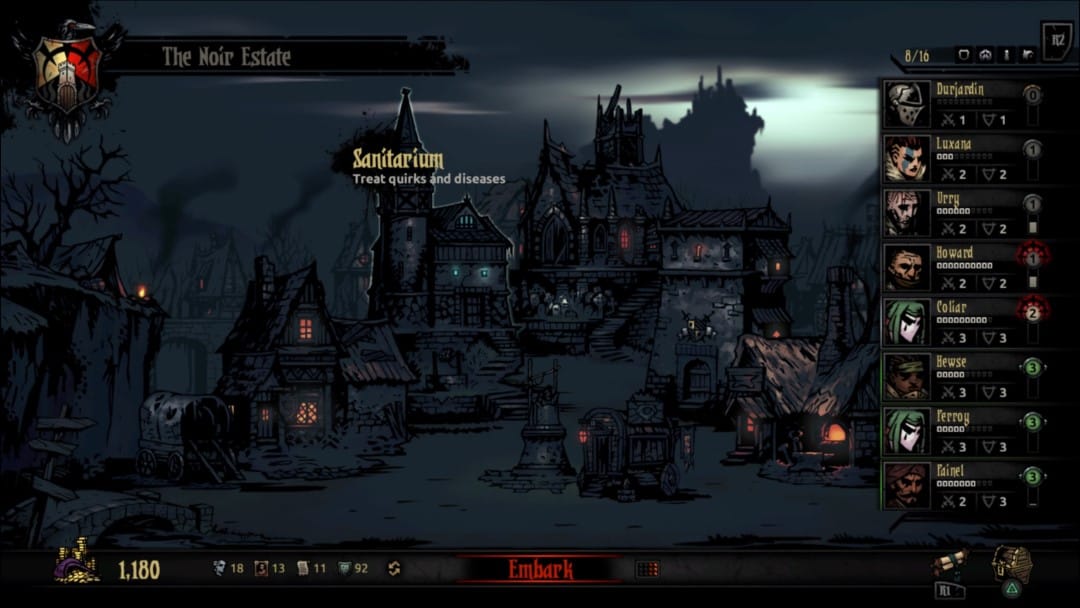
For all of the mechanical importance that Darkest Dungeon puts on the mental stresses of its characters, in a way you are encouraged not to care. Sure, you can build locations and spend precious resources to help a character get over their crippling nyctophobia or their weird obsession with tentacles. Or, you can dismiss that same character and hire a new one. Remedies and long-term care cost precious resources, but new recruits are always free, the game says.
It is in this context that Darkest Dungeon isn't just a dark satire of the RPG trope of the dungeon crawl; it's a sharp commentary on the nature of industrial ambition. You are sending waves of people to their doom in order to enrich yourself overall. This isn't to save the world, it's so you can fully enjoy an opulent inheritance.
This isn't a glorious battle to end an ultimate evil, but pest control. You aren't gathering heroes of great renown from across the land, you're getting whoever can hold a weapon and seeing which one of them stays alive the longest. The darkest feature of this game isn't the mental stress management, but how it frames the entire endeavor as a cold, reductive, march of an unfeeling rich aristocrat motivated by entitlement and greed, who treats human resources as disposable.
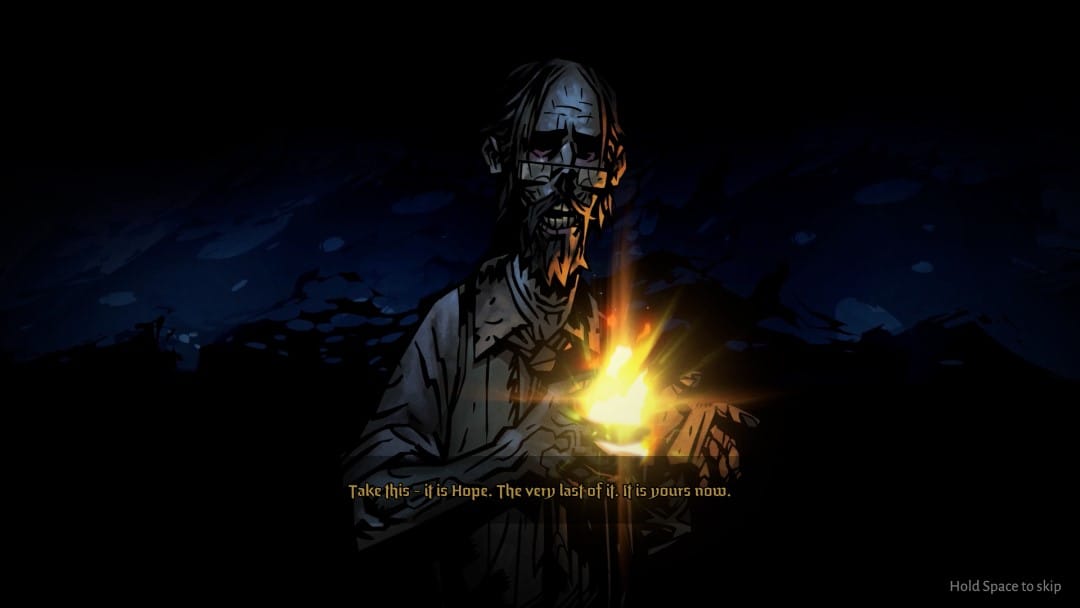
What is Different with Darkest Dungeon II?
Now, with Darkest Dungeon II, that very attitude has been turned on its head. The entire game -- or at least its first playable chapter -- is framed not as a violent renovation and extermination but as a doomed road trip. It is implied that due to the events of the first game, the entire world is crumbling into darkness and madness, and the only way to make things right is to return a torch containing "the last spark of hope" to a large looming mountain. If the first game was all about the horrors of what is given up for personal gain, then the sequel is all about processing those costs paid.
This is especially felt with how characters and character dynamics have changed. New characters in Darkest Dungeon II aren't just randomly generated positions to fill a role, they are distinct with their own names and defined abilities. Each and every single one of them have backstories that continuously echo tragic cases of ambitions far greater than their reach. The Man-At-Arms wanted the glory of being a war general but led his men to their deaths, and now he fights on as a form of penance for his hubris. The Hellion suffered a similar fate, leading her warriors against a superior force, and then had to come home and apologize to her men's widows. The Plague Doctor became too invested in her studies and ended up reanimating her professor as a zombie. The list goes on.
While some of these backstories are pretty standard tragic fair, it shows Darkest Dungeon II's shift from the macro to the micro. While the first game didn't care about the characters, just what they could do, the sequel exposes these characters. You need to play out these tragedies and learn these tales in order to unlock their full potential. You need to understand what drives them so you know how they will get along with the others.
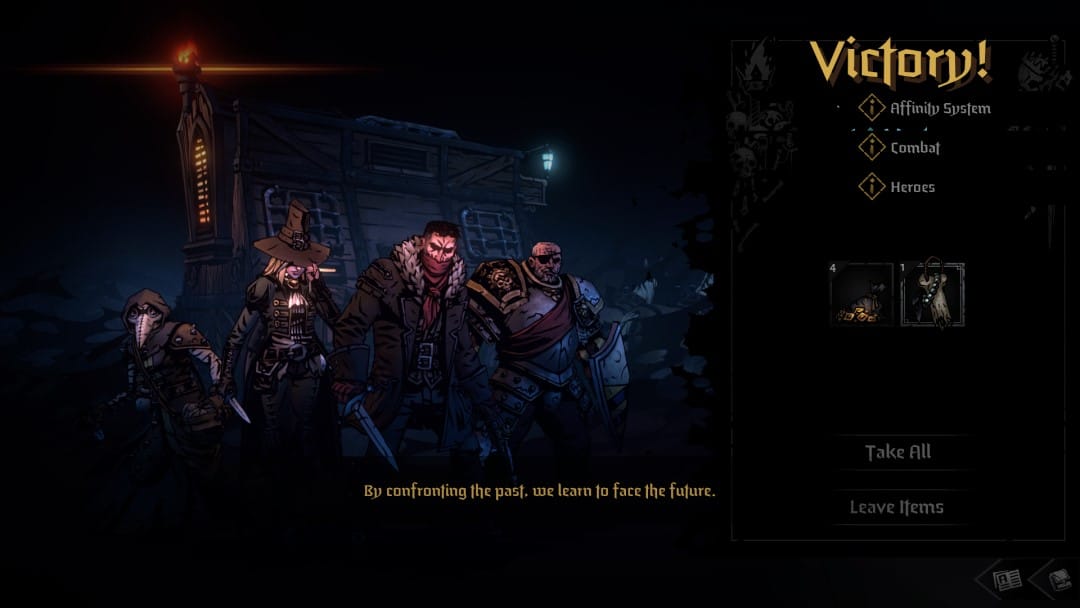
This even extends to how stress is handled. Instead of adversity leading to singular moments of despair or triumph, they either lean on or lash out at their allies. When staying at inns between locations, certain items like a deck of playing cards encourage party members to interact and get to know each other. It is here that the game makes one of its quieter messages heard. It says to each of these characters, "You have messed up, you have done terrible things, but you still matter to someone."
The most blunt way Darkest Dungeon II chooses to represent these themes are with its torch. It's treated as a morality meter of sorts. Every time you encounter characters in need or deal with a challenging event, a more sympathetic or charitable response will make the torch burn brighter. This means the group has bonuses and monsters get penalties. Meanwhile, acting selfishly or recklessly reduces the torch, boosting enemy attacks. Worse still, if the torch completely goes out, you are immediately attacked by cosmic horrors. You are encouraged to keep Hope alive, in this case very literally, if you wish to survive.
Darkest Dungeon II could have just been more of the same. Instead, it feels like a rebuttal and even an interrogation of some of the original's elements. It's an unfeeling management sim switching to a more intimate roguelite, with a stronger emphasis on characterization and emergent character stories forged from adversity. It's a bold direction from Red Hook Studios, and I am genuinely interested to see how they continue to work on this new foundation going forward with ongoing story chapters and additional characters.
Have a tip, or want to point out something we missed? Leave a Comment or e-mail us at tips@techraptor.net
